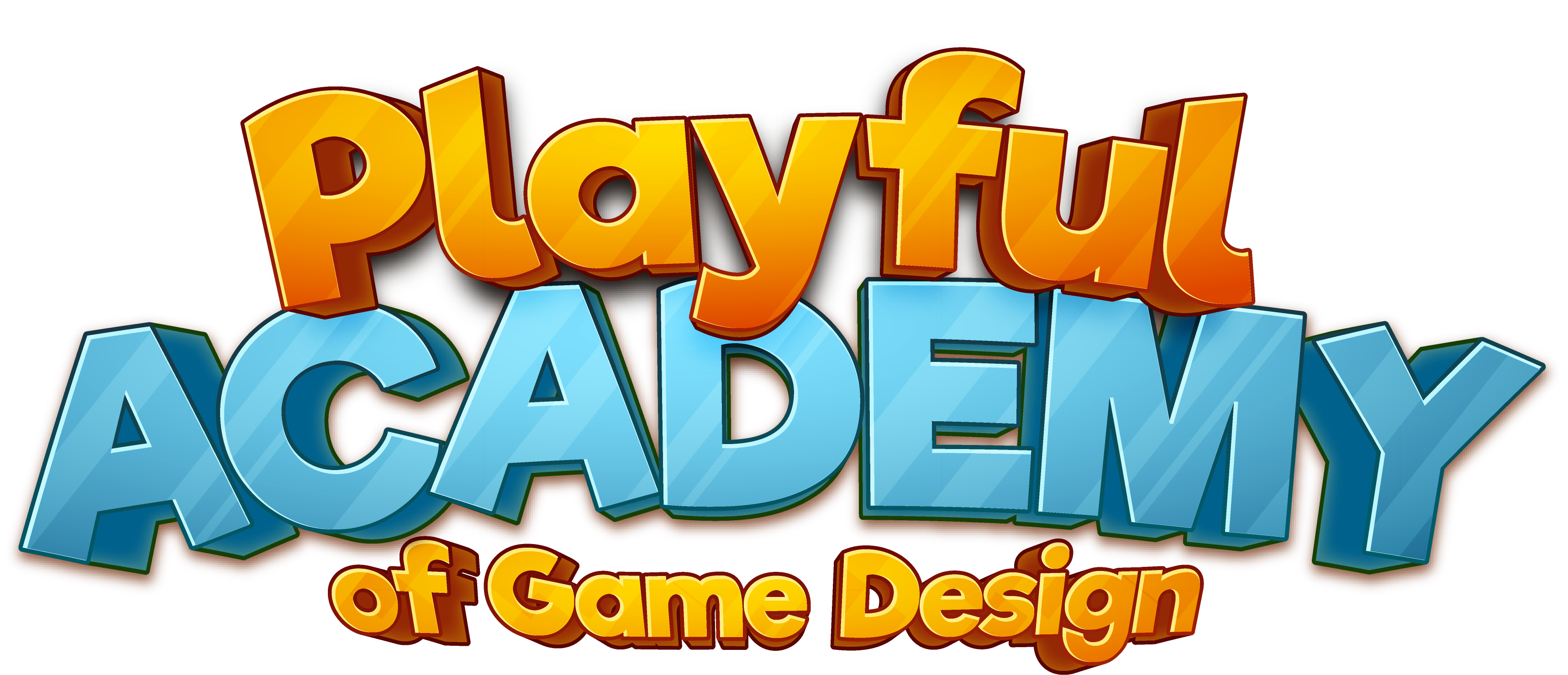

Categories
Games Have Mechanics
Learning Objectives
- Lesson objectives
- Distinguish between types of mechanics
- Understand escape game puzzle mechanics
- Think about how mechanics facilitate fun and interest
- Engineering design learning objective
- Evaluate competing design solutions
- Socioemotional learning objectives
- Planful
- Responsible
- Cooperative
Materials
- Blank paper with the name of each mechanic at the top
- Movement (running, crawling, flying)
- Turn-taking
- Crafting
- Card drawing
- Time limit
- Resource collection
- Shooting
- Switching weapons
- Pushing
- Pulling
- Dragging
- Shooting
- Winning condition
- Losing condition
- Randomly generated numberse
- Aiming
- Quick time events
- Score points
- Experience points
- Victory points
Instructions
- Warm up
- Have campers complete the puzzle analysis sheet for an escape game
- Encourage campers to continue developing the story and characters of their game
- Mechanics
- Remind campers of the five elements of games. Today we'll focus on mechanics.
- As planful and responsible game designers, we consider how the elements of the game will affect the player
- Mechanics are the rules and procedures of a game. We can think about mechanics in categories.
- One type of mechanic is whether the game is competitive or cooperative.
- Competitive games are ones where only one player or team can win.
- In cooperative games, the players work together to achieve a common goal. Note that escape games are cooperative games.
- Some games are a mix where one or more players competes against the majority of the players (e.g., Among Us)
- Ask what kind of games they prefer and why
- Now we'll discuss other kinds of mechanics. Put campers into groups of 2 or 3 and assign them some mechanics. Ask them to fill in the sheets with examples of games that use that mechanic.
- Since we are cooperative gamers, we are going to all contribute and help each other think of answers. As welcoming gamers, we'll encourage each other and ask questions if we aren't familiar with a game our teammate mentions. (To add some incentive, say that the team with the most examples wins).
- After a few minutes, have campers share their examples.
- Then ask them to now add strategies that are helpful when dealing with that mechanic
- Discuss
- What mechanics do you prefer in games?
- What kinds of emotions do different mechanics create in you?
- How do mechanics link to a game's story, character, and resources?
- Escape game mechanics
- Escape games have particular mechanics that are common to them:
- Searching
- Sorting
- Counting
- Substituting (decoding)
- Drawing
- Covering
- Ask campers for examples of each in escape games they've played
- How can you as a planful and responsible game designer consider how the mechanics in your escape game will affect the player's enjoyment?
- Challenge campers to add one new mechanic to their box
- Escape games have particular mechanics that are common to them:
Notes and Discussion
Discussion
- Talk about campers' preferred types of games and the emotions that are evoked when they play different types of games.
